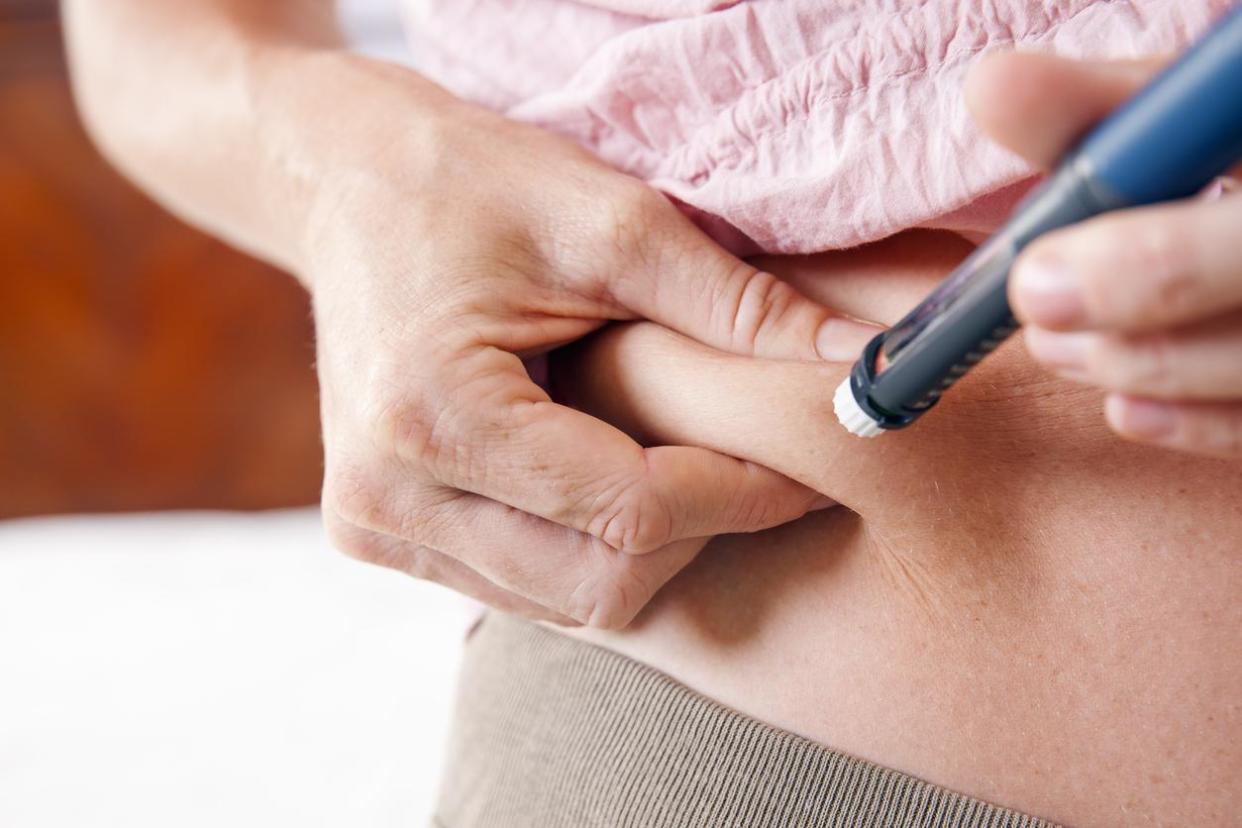Diabulimia: The hidden eating disorder that’s killing diabetic women

Some diabetics are risking blindness, coma and even death by skipping insulin injections in an attempt to lose weight.
But because it's not classified as a mental illness it's harder to get help, and charities like Diabetics With Eating Disorder are now pushing for it to be re-categorised so that both sides can be treated at the same time.
One woman said: “When I was injecting insulin, I felt like I was injecting fat.”
She told Broadly she began injecting just enough to survive, meaning she felt awful but did lose weight.
But when her eyes started swelling up she said it was the “kick up the arse” she needed to sort her life out, and is now in treatment.
"I had a friend in inpatient treatment and they were watching her eat, but they weren’t watching her inject so the whole time she was losing weight. Eventually she actually keeled over and died on the ward," another woman told Vice.
Type 1 diabetes occurs when the body isn’t making its own insulin - a hormone made by the pancreas that allows your body to use sugar from carbohydrates in the food that you eat for energy.
As a result, the body is unable to control the amount of sugar there is in the blood.
It is estimated that about 400,000 people live in the UK with the condition but startlingly, up to 40 percent of women aged between 15-30 with Type 1 diabetes aren’t giving themselves the life-sustaining injections they need.
Unlike Type 2 diabetes which has a later onset and is linked to obesity, Type 1 has no known cause and cannot be cured.
With studies showing that those with the condition are more than twice as likely to develop an eating disorder, the UK has launched its first ever service to support women dealing with diabulimia.
At King’s College in London, a new unit aims to unite psychiatrists and diabetes experts in a bit to treat both conditions.
“They never meet patients together and it's an inefficient use of current resources,” Professor Khalida Ismail, who leads the clinic told the BBC.
“I would argue we'd actually be saving money by joining up services,” she adds.
In a bid to raise awareness of the condition, a documentary called 'Diabulimia: The World's Most Dangerous Eating Disorder' has just been published on BBC iPlayer, which follows the lives of three young sufferers and their quest to get the specialised care they need.


